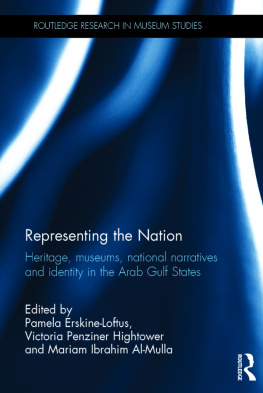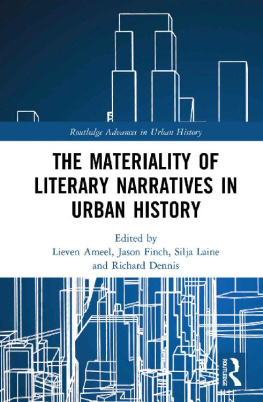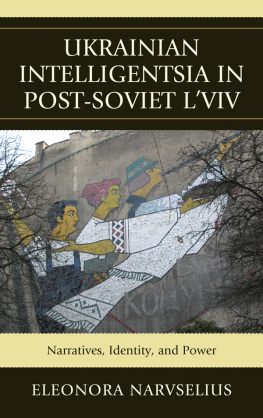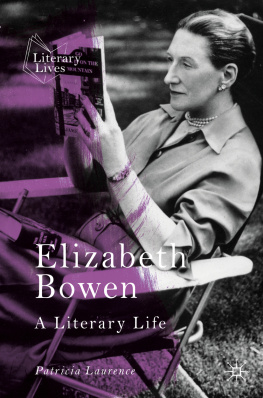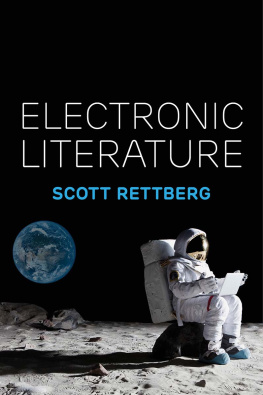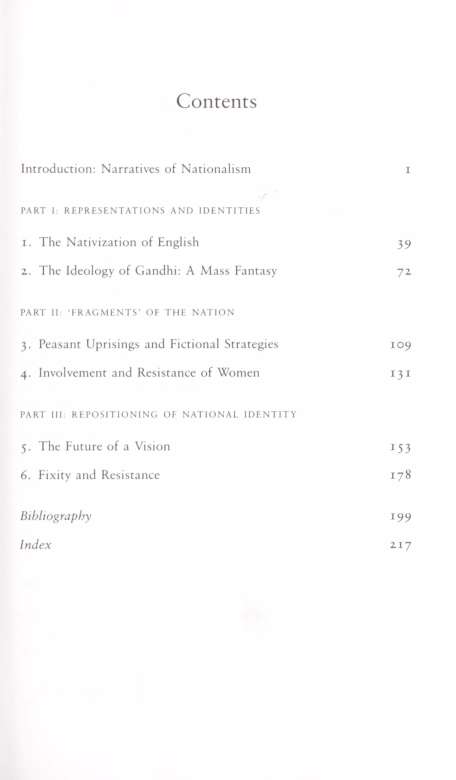This book made available by the Internet Archive.
For My Father

Acknowledgements
My research on this book began while 1 was at Trinity College, Cambridge. Much of it was written while on a research fellowship at Wolfson College, Oxford. I am grateful to the British Academy, without whose support the book could not have been completed. I must thank as well the Wolfson College fellows and staff for the ambience of intellectual stimulation and warmth which made my work enjoyable.
I am deeply indebted to Tim Cribb from Churchill College, Cambridge, for his enduring support and constructive advice. Sincere thanks are due to Chris Bayly, Gillian Beer, Romila Thapar, and Robert Young for their guidance and valuable suggestions at various stages of my research. They not only read the drafts of my book but also filled in gaps in my analysis. 1 would like to express my particular gratitude to Sophie Goldsworthy and Matthew Hollis, my editors, for thier extreme patience, kindness, and encouragement. Jon Stallworthy, Rajeswari Sunder Rajan, and Sarah Barton, meticulously read the manuscript, and gave many useful suggestions which helped me shape my argument. Sir Raymond and Lady Hoffenberg deserve a special mention for their warmth and friendship which made my years at Wolfson very pleasant and memorable. 1 am grateful to the succeeding president of the college, Sir David Smith, for his generous support. C. D. Narasimhaiah, Uma Chakravarti, Lynn Innes, Kumkum Sangari, Sudipta Kaviraj, and David Richards were always forthcoming with their careful criticism. Adrian Hale, librarian, Wolfson College, was extremely helpful in arranging inter-library loans and procuring many articles for me at short notice.
The English Faculty libraries at Cambridge and Oxford, the Nehru Memorial Museum and Library, and Dhvanyaloka were most supportive during the projects completion. Fellowships and grants from Smuts, Beit, and Le Bas Foundations allowed me the time and resources to finish my research and revisions.
The introduction to the book and chapter four first appeared in Modern Asian Studies , 31.4 (1997), and the special issue on
Vlll ACKNOWLEDGEMENTS
postcolonial studies in the journal of Gender Studies , 5.3 (1996). I thank the editors and publishers for permission to reuse and rework this material.
Finally, I owe special thanks to Shelley who read the manuscript with exacting care, and my parents who have given me so much in so many ways. My work is a tribute to my family and the values they have handed to me.
This book is substantially based on my research in Karnataka, Delhi, London, Cambridge, and Oxford. I have benefited extensively from my fieldwork in the Hassan district of Karnataka, India, where I found the fictional village in the novel. It is a hamlet, Harihalli, in Kenchamma Hoskere taluq.
Introduction
Narratives of Nationalism
The Congress then is a National organization that knows no difference between British India and Indian India, between one province and another, between the classes and the masses, between the towns and villages, between the rich and the poor, between agricultural and industrial interests, between castes and communities, or religions.
Pattabhi Sitaramayya, The History of the Indian National Congress (Bombay: Padma Publications, 1946), 30.
This book is about the construction of models of nationalist ideology in the cultural sphere. The study seeks to underscore what lies behind the writing of True' and 'authentic histones of the nation by treating historical fiction as the literary dimension of nationalist ideology. I have traced nationalism from its abstract underpinnings to its concrete manifestation in historical fiction which underwrites the Indian freedom struggle. The construction of identity through mythicized conceptions of India is examined in detail through Raja Raos first novel, Kanthapura which, I should indicate, is not singled out for being some kind of national allegory . 1
The key concept governing this study is that of representation which allows me to consider how history slides into fiction. I am interested in historical fiction primarily because it combines in itself both fiction and history, and seems a good enough genre for examining the construction of nationalism which, while being a subject of history may, at the same time, be taken 'outside into the framework of fiction. The fictional reality of the nation is, anyway, a much debated issue. Secondly, the analysis of nationalist ideology within the genre of historical fiction will allow more room for imaginative speculation when it comes to examining the motives governing the
1 Frederic Jameson, Third-World Literature in the Era of Multinational Capitalism, Social Text , 15 (1986), 65-88.
2 INTRODUCTION: NARRATIVES OF NATIONALISM
writers ideology, without having first to deal with the anxieties of well-intentioned historians. Lastly, historical fiction is useful when claiming the validity of many of the nations myths without having to battle with the charge of essentialism which fiction manages to circumvent more easily than does history, simply because it is fiction. In subservience to my thematic study, I have not thought it necessary to provide a chronological literary history of writing that precedes the publication of Kanthapura.
Kanthapura is a text of the Civil Disobedience Movement of the 1930s that takes for its central concern the participation of a small village in the national struggle at Gandhis call. Imbued with nationalism, the villagers sacrifice all their material possessions in a triumph of the spirit. In the end, there remains neither man nor mosquito in Kanthapura. 1 2 Raos novel is significant in that it is both a cultural tract which rewrites true history as against the inauthentic historical accounts compiled by Europeans, 3 and also wrests the nation from the aggressor by effecting a cultural revival through the use of indigenous themes and motifs. A faithful history and a national awakening is indeed an effective strategy for bringing together people of diverse religions, languages, and lifestyles to demand home rule.
The recovery of an authentic Indian tradition is briefly examined against orientalism which has provided an impetus to much Indian writing. I take orientalism as a convenient point of departure because it fixes a variety of cultures in a single position as the Other. When I deal with colonialism and nationalism, the economic and political imperatives are so obviously the main motives that orientalism cannot but be relegated to a relatively minor level. It comes back into the foreground when I turn to literature. History is chosen as a sort of middle ground. In this introductory chapter, I attempt to show how nationalist fiction-writing undermines some of the essentialist representations of the orient, but in turn, creates India-centred histories that thrive on culture-specific ideals engineered through myths about





